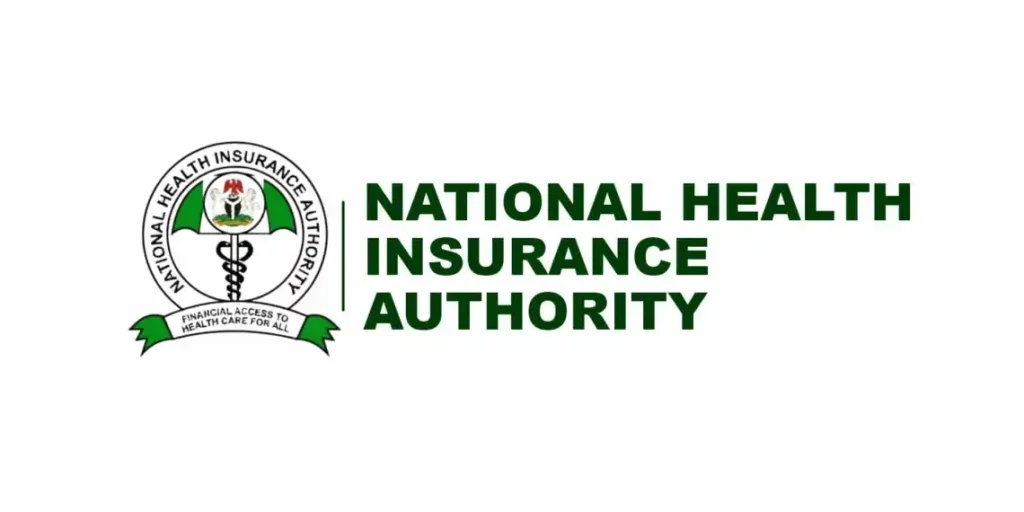
Source: Agency Report

National Health Insurance Authority (NHIA)
In a strategic move to restore public confidence and improve access to quality medicines, the National Health Insurance Authority (NHIA) has unveiled plans to produce NHIA-branded drugs in collaboration with pharmaceutical companies in Nigeria.
This initiative was revealed by Babajide Daramola, NHIA Coordinator in Oyo State, during an interview with the News Agency of Nigeria (NAN) in Ibadan. Mr. Daramola stated that the project is geared toward enhancing efficient healthcare service delivery and improving the public perception of the NHIA scheme.
“To ensure that adequate drugs are available for our subscribers, we are set to produce our own NHIA-branded drugs in partnership with pharmaceutical companies with whom we have signed agreements,” Daramola said.
The branded drugs will be available in all NHIA-accredited health facilities across the country and will be clearly marked with the NHIA label to signify improved operational standards. A Memorandum of Understanding (MoU) has already been signed, with implementation expected to begin later this year.
Daramola encouraged enrollees to report irregularities in drug quality or access, emphasizing that such feedback enables the agency to act swiftly. He noted that enrollees who are forced to purchase drugs outside NHIA facilities are often reimbursed, provided they report the issue.
“We ensure that those who buy drugs externally and report back are reimbursed,” he explained.
He also reiterated that NHIA, like health insurance schemes worldwide, predominantly provides generic drugs. These generics are chemically equivalent to branded drugs and deliver the same therapeutic effects.
Despite the initiative, some enrollees have expressed concerns about drug shortages and quality at NHIA facilities.
Happy Adedapo, Chairman of the Oyo State Nigerian Medical Association (NMA), blamed drug supply challenges on inconsistent funding and the rising cost of pharmaceuticals. He called on the government to increase financial support for the NHIA and improve the monitoring of its implementation.
“Many of the initiatives promised to improve healthcare are yet to be realised,” he said.
Adedapo also stressed the importance of eliminating corruption and ensuring the proper use of allocated resources, warning that without systemic reform, Nigeria’s healthcare system will continue to fall short.
“The recurring trend of public officials seeking medical care abroad will continue unless we invest in our local healthcare infrastructure.”
Conclusion
The NHIA’s plan to produce branded drugs represents a proactive step in addressing long-standing issues of drug quality, affordability, and trust in Nigeria’s health insurance system. However, for this initiative to succeed, sustained government funding, public accountability, and robust monitoring mechanisms are essential.
The road to quality healthcare in Nigeria may be long, but efforts like this could mark a significant milestone toward achieving universal health coverage.